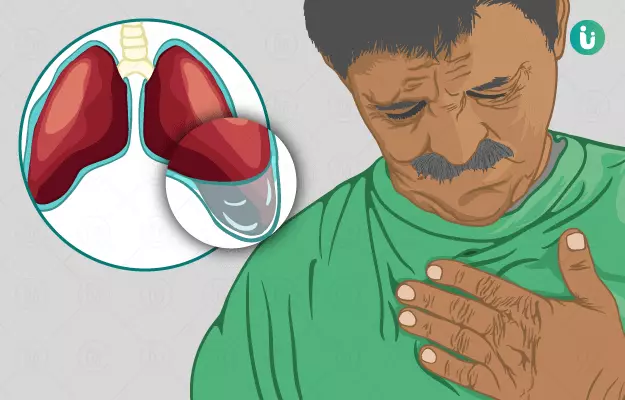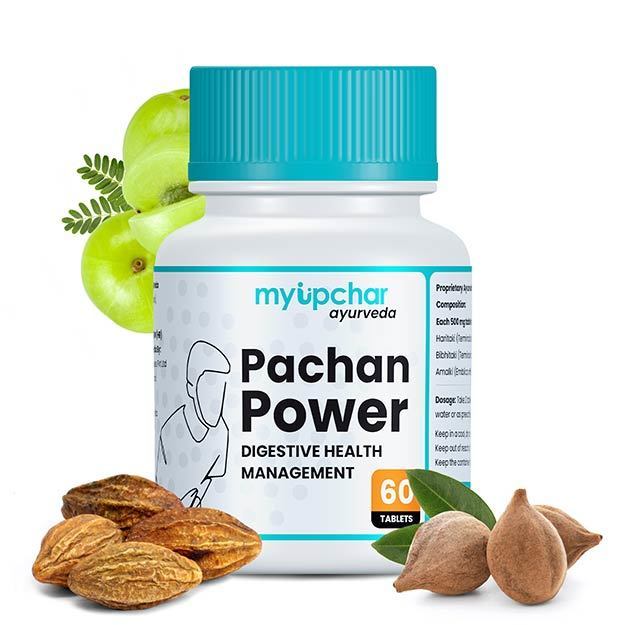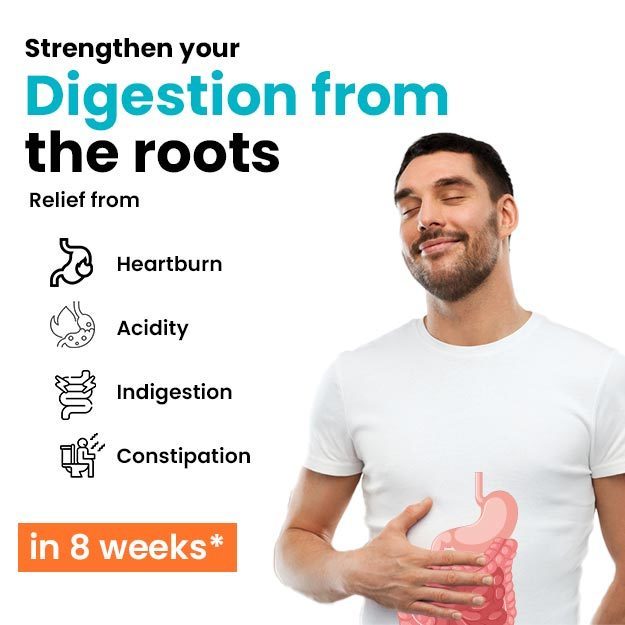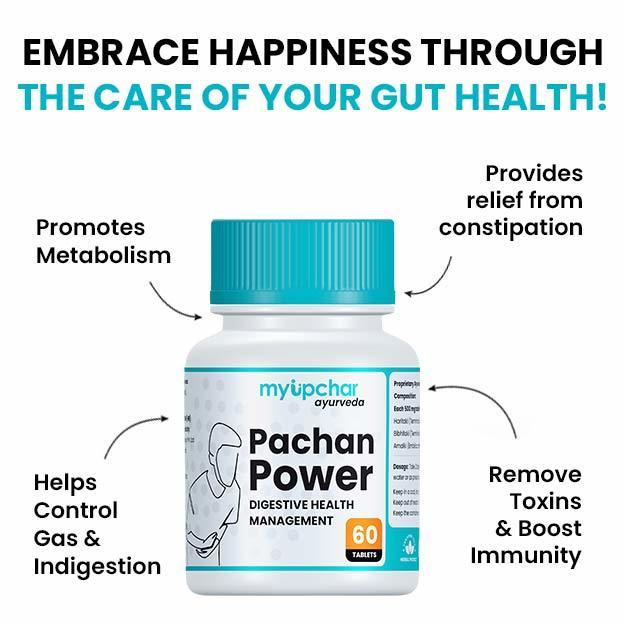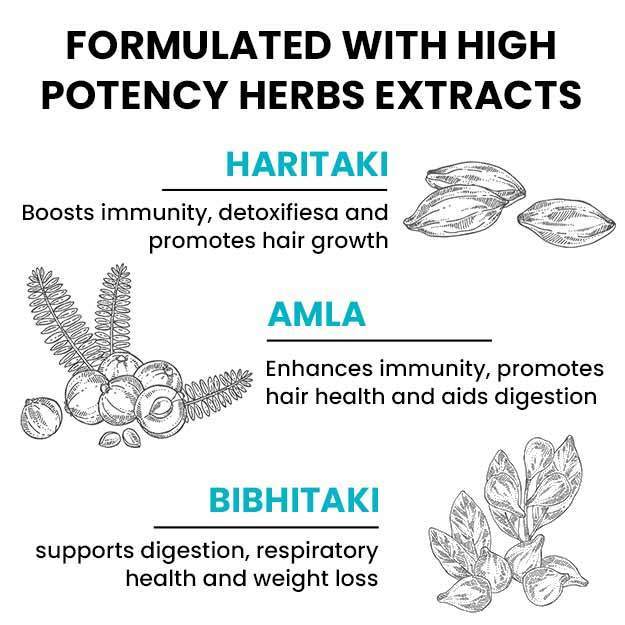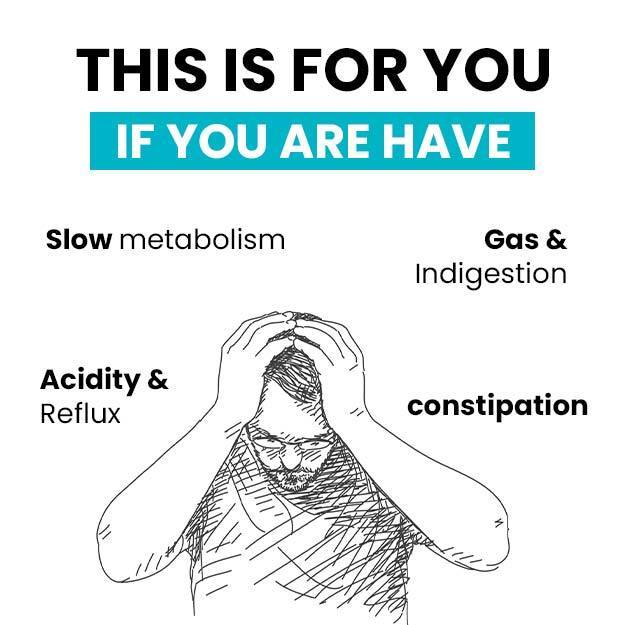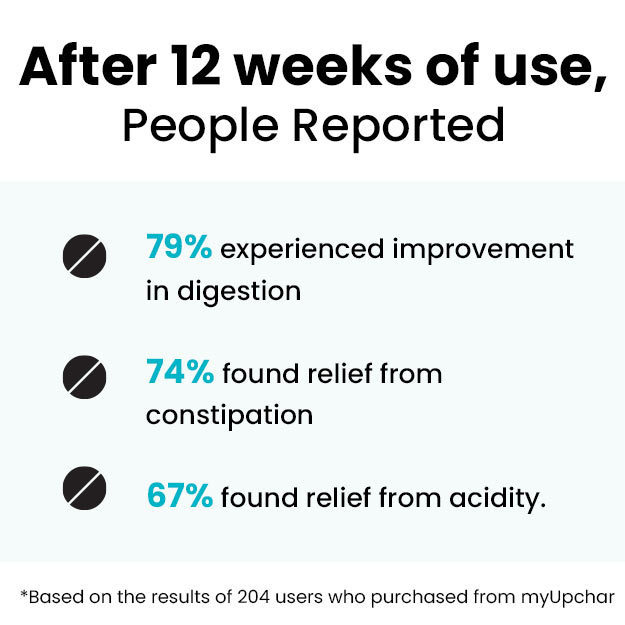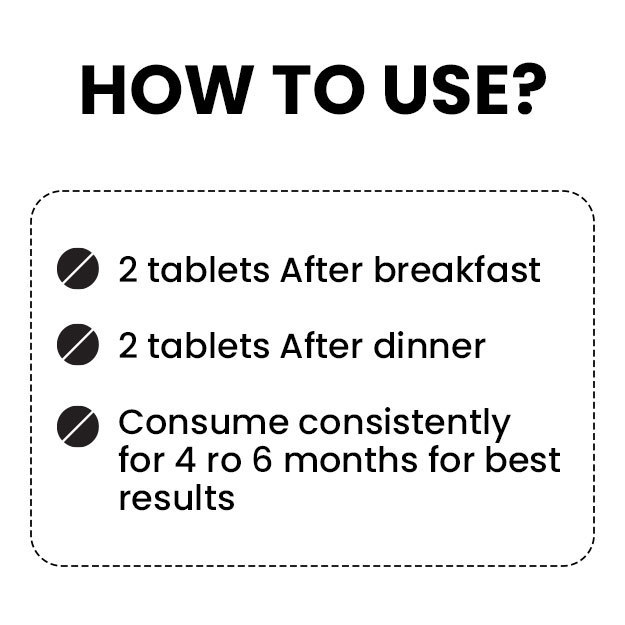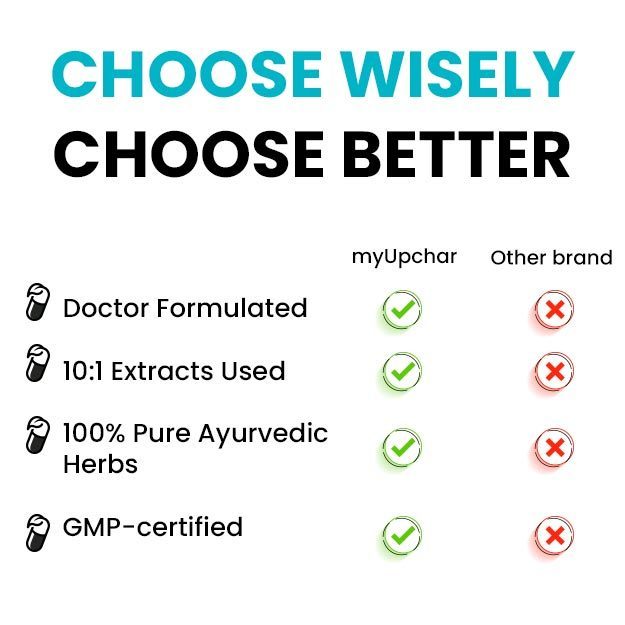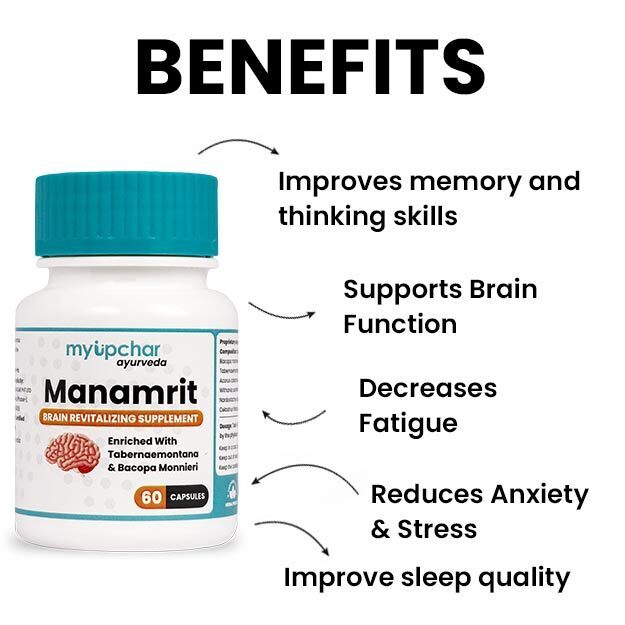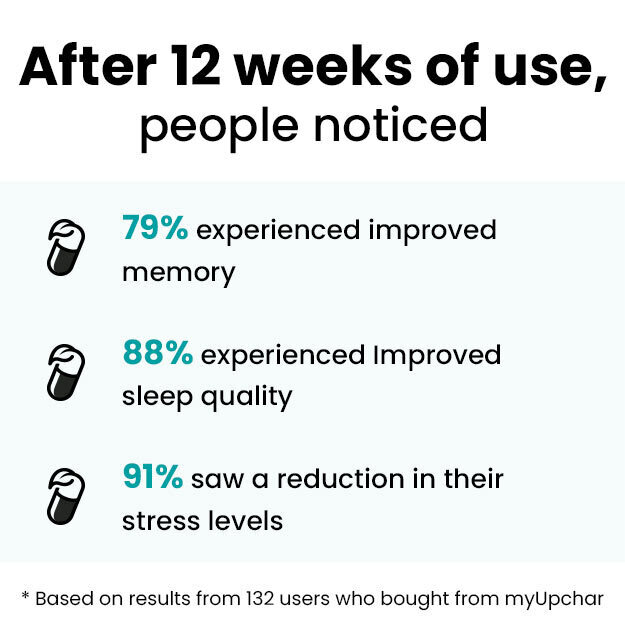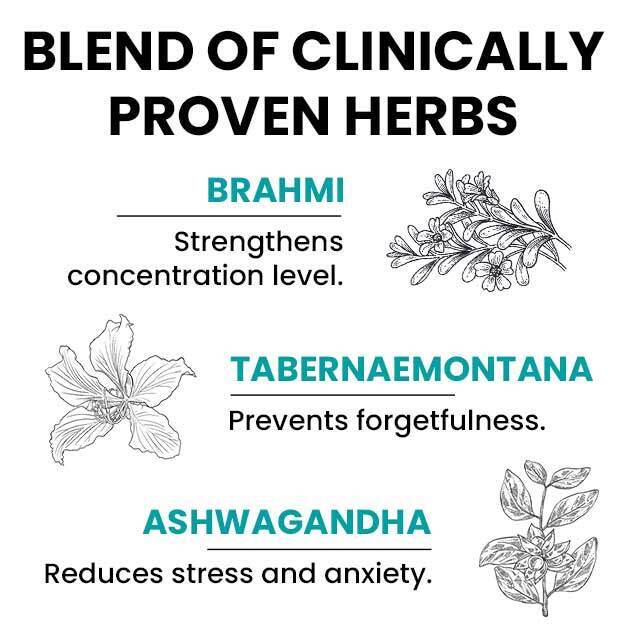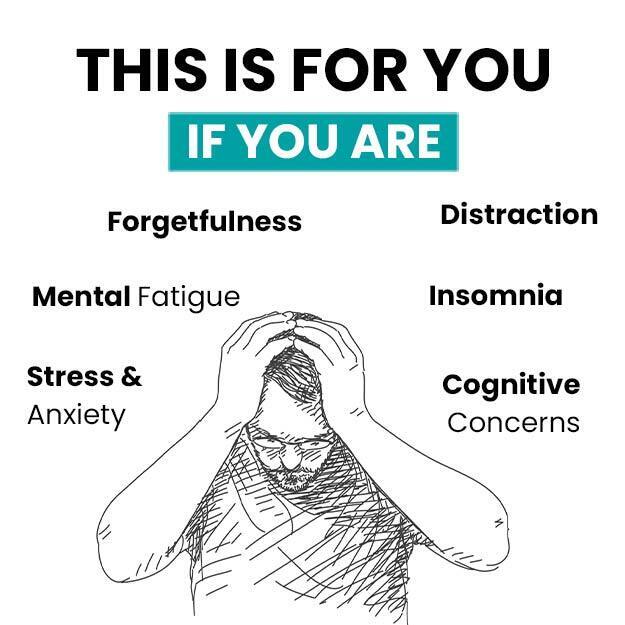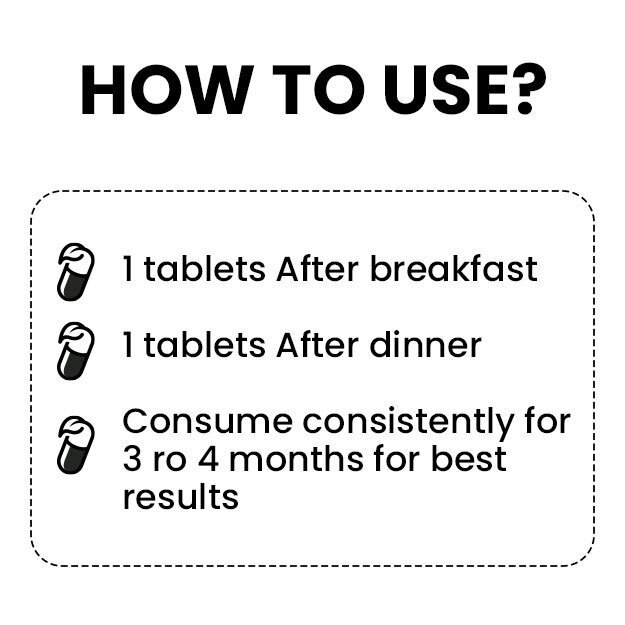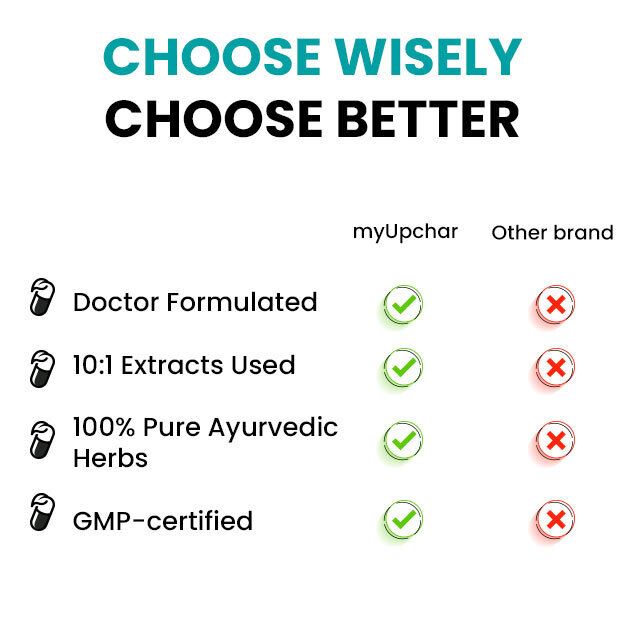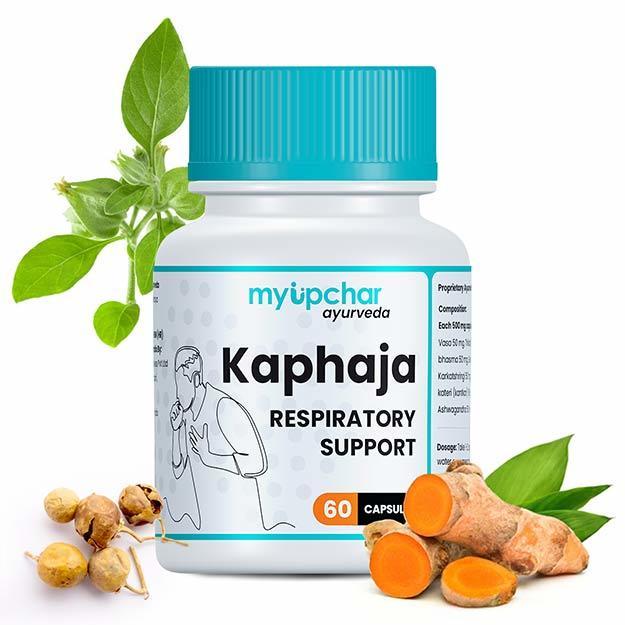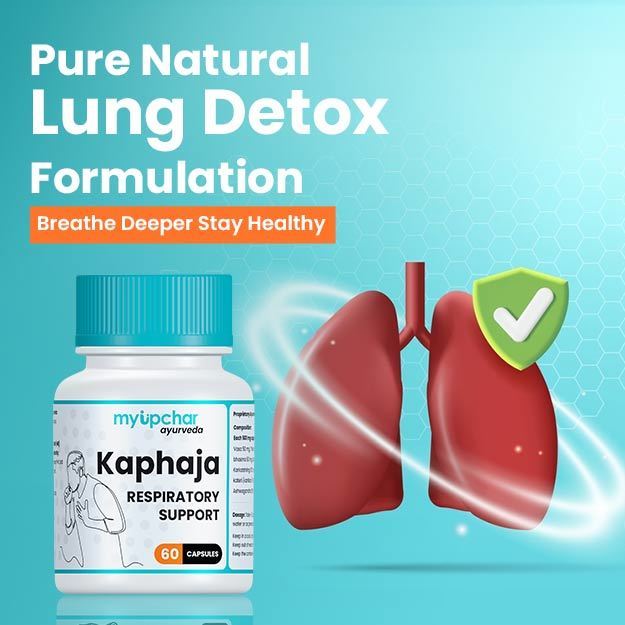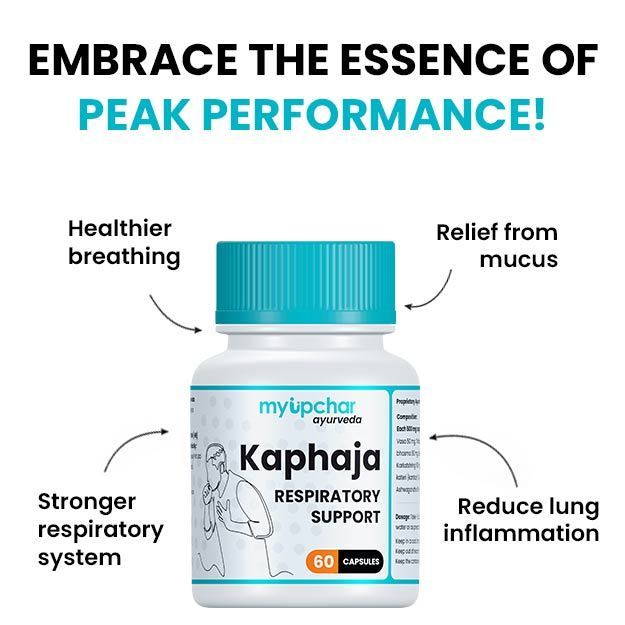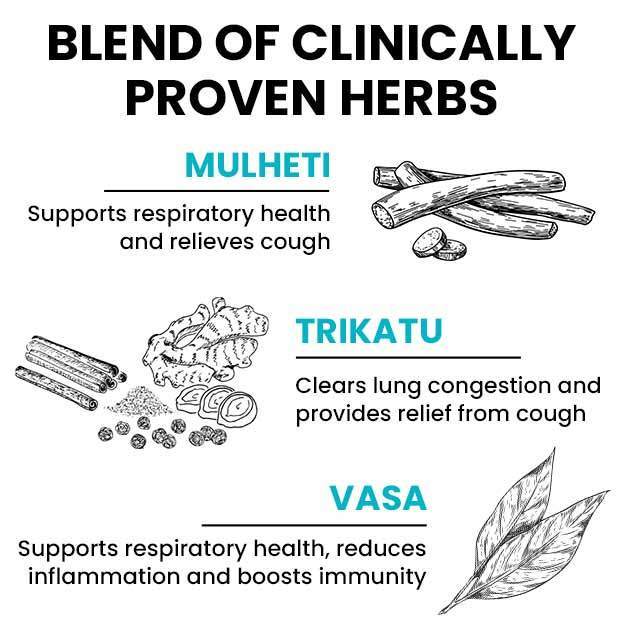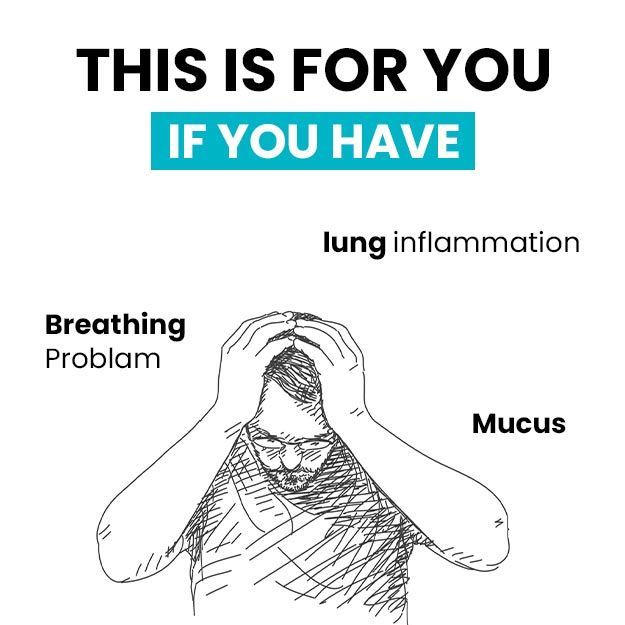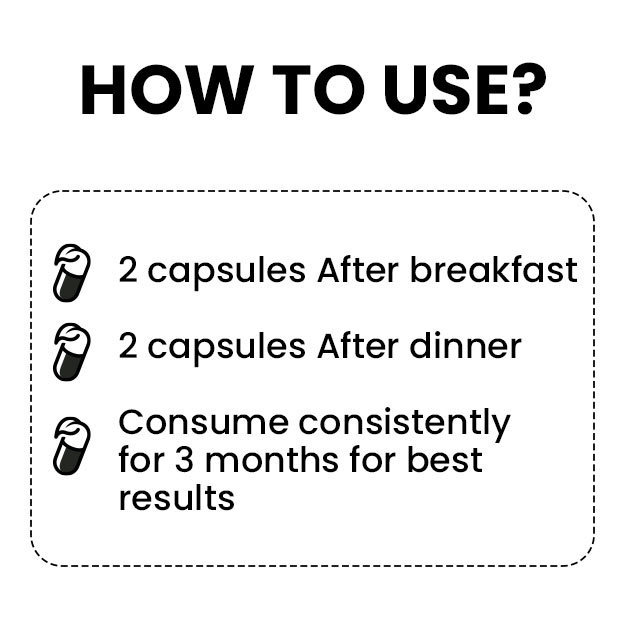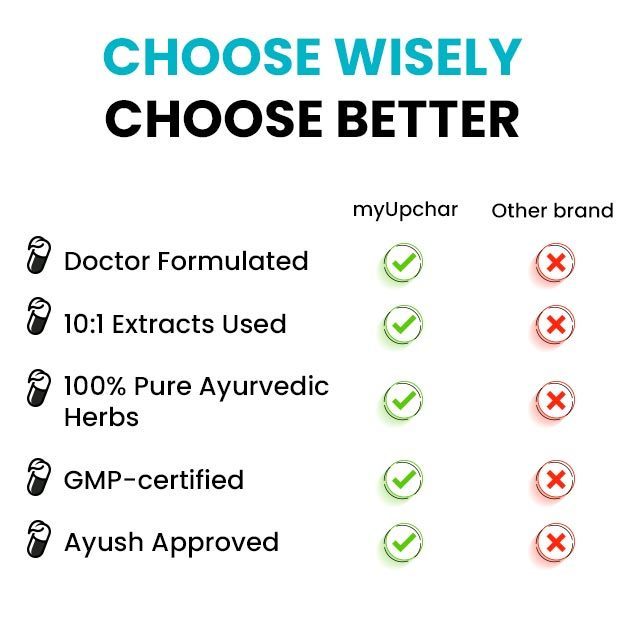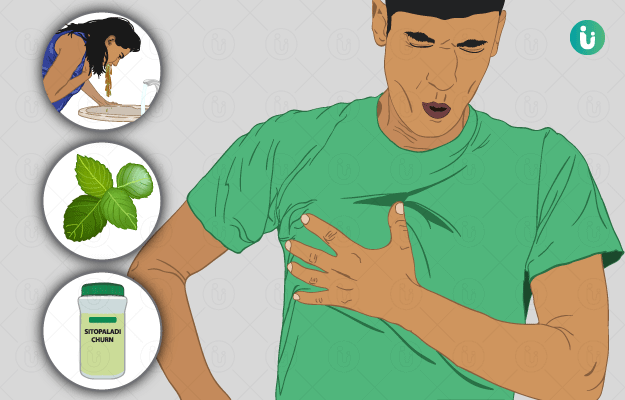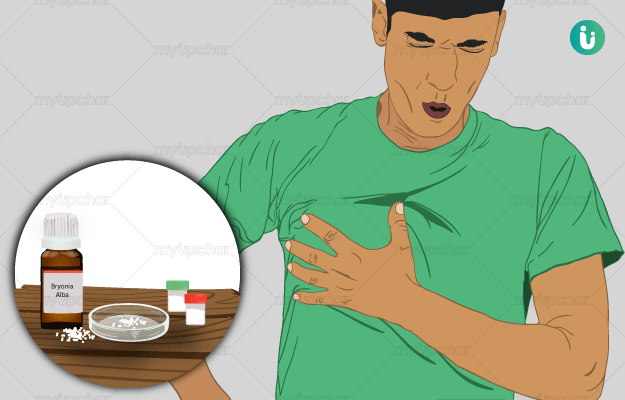The condition of any kind of discomfort or pain in the area above the stomach and below the neck (chest) can be called tightness in the chest. The problem of tightness in the chest can occur at any age or in any area. In this condition, problems like burning sensation in the chest, feeling of pressure and pain start occurring.
There are many conditions that cause tightness in the chest, including dangerous diseases like heart attack. Chest tightness can also occur due to gastrointestinal, psychological and pulmonary (lung related) problems. Tightness in the chest or heaviness in the chest is a subjective symptom. Which means that the patient can feel it and tell the doctor but the doctor cannot detect it himself.
Tightness or heaviness in the chest often occurs with other symptoms, these symptoms develop on the basis of any internal problem, disease or disorder. These symptoms include fever, body pain, difficulty in breathing and anxiety. To test chest tightness and find out its causes, some tests like ECG, chest X-ray, complete blood count, echo test and spirometry can be done.
To cure chest tightness or heaviness in the chest, the problems causing this condition are treated. This includes aerosols for asthma, nitro-glycerin tablets for chest pain and anti-anxiety medicines for anxiety. If you are ignoring chest tightness, it can be fatal because chest tightness can also be caused by heart attack in some cases.
(Read more - Chest Pain)
- What Is Tightness And Heaviness In The Chest?
- Symptoms Of Tightness And Heaviness In Chest
- Causes & Risk Factors Of Tightness In Chest
- Diagnosis Of Tightness And Heaviness In Chest
- How to prevent chest tightness and heaviness?
- Treatment Of Tightness And Heaviness In Chest
- Complications Of Tightness And Heaviness In Chest
- Summary
What Is Tightness And Heaviness In The Chest?
What is tightness in the chest?
Chest tightness or heaviness is a disturbing condition that is usually felt in the area between the upper abdomen and the neck. Chest tightness can occur at any age and can also be a sign of a serious health problem.
(Read more - Chest Congestion)
Symptoms Of Tightness And Heaviness In Chest
What are the symptoms of chest tightness?
The symptoms of chest tightness or heaviness can vary from person to person. Some people may experience the following symptoms when they have chest tightness:
- Feeling like the chest is compressed or under pressure
- Feeling like there is a band wrapped around the chest
- Feeling like there is a tightness in the chest
- Feeling like someone is sitting on the chest
- Increased pressure in the lungs, which can cause the lungs to fill with fluid
(read more - treatment and remedies for Chest Pain)
Symptoms of chest tightness that are linked to respiratory problems:
Chest tightness can also be related to the heart or lungs, such as:
Symptoms of chest tightness that are linked to digestive problems:
There are also some symptoms related to the digestive system that often accompany chest tightness, such as:
- Stomach pain
- Feeling like food is stuck in your chest
- Regurgitation
- Indigestion
- Nausea and Vomiting
There are some other symptoms that may be felt along with chest tightness or heaviness, such as:
- Panic, anxiety or nervousness
- Stress
- Sweaty palms
When should you see a doctor?
Along with chest tightness or heaviness in the chest, you may feel many other symptoms, which indicate a serious and life-threatening condition. This condition should be treated as soon as possible. You should seek immediate treatment for chest congestion, which may be asymptomatic or accompanied by the following symptoms:
- Cold, clammy and blue-colored skin, and bluish lips and fingernails
- Coughing up yellow or green mucus, wheezing and shortness of breath
- Losing consciousness or passing out
- Chest congestion, pain that may radiate to the jaw, left arm, shoulder or back
- Chest congestion, pain or other discomfort when coughing or breathing
- Rapid breathing, difficulty breathing or working hard to breathe
- Pressure or cramping in the chest or feeling as if the skin inside the chest is tearing or being damaged
- Severe dizziness or disorientation
- Severe palpitations
- Shortness of breath
(read more - Heartburn vs. Heart Attack)
Causes & Risk Factors Of Tightness In Chest
Why does chest tightness occur?
There are many types of health problems that can be associated with chest tightness.
Heart Attack:
If a person is developing a heart attack, chest tightness may be the first symptom of this condition. It is very important to get diseases like heart attack treated, as it can result in the death of the patient.
Chest Pain:
This is the pain arising from the heart, which is caused by reduced blood flow in the blood vessels. Due to the accumulation of blood in the blood vessels, the heart has to work harder to supply blood to all parts of the body, resulting in increased pressure and chest tightness or heaviness in the chest.
Pleurisy:
This is a type of lung infection that causes pain while breathing or coughing. Pleurisy is not a common problem, but it is still a possible cause of chest tightness or heaviness in the chest.
Rib inflammation:
The joints of the bones in the chest provide protection to the surrounding internal organs. But when they get inflamed, chest tightness starts occurring. The pain in this condition is often like a stinging sensation. Although this is not a harmful condition, you can visit a doctor to reduce swelling and redness.
Gall bladder infection:
If there is an infection in the gallbladder, it can also result in chest tightness or heaviness in the chest. The good news is that it can be easily treated. But some people ignore the symptoms of gallbladder infection, which leads to delay in diagnosis and treatment of this disease.
Stress:
When there is stress in the body, your organs become irregular, so when the stress increases excessively, in such a situation, chest pain and tightness start occurring. When the level of stress increases, the condition of chest tightness also starts getting worse. If you already have any heart related problem, then you should get rid of stress as soon as possible.
Indigestion:
When food is not digested properly, it starts coming back into the food pipe (esophagus). The problem of indigestion mainly occurs as a result of not eating nutrient-rich food, stress, smoking or drinking alcohol etc.
Pneumonia:
This is also a disease affecting the lungs. Mainly it is a type of infection that affects the lungs. It is possible to treat it, but if left untreated, the lungs get filled with fluid, which leads to many complications and in some cases, the patient may even die. Pneumonia can be a big risk for children and older people.
Hepatitis:
It causes inflammation of the liver, but it also results in problems like tightness and pain in the chest.
Anxiety:
If you are very anxious, it can affect your breathing ability and also increase heart beats. When your anxiety starts to reduce, gradually the tightness in your chest also reduces.
There are many problems that are not related to the heart but still cause chest tightness, such as:
- Asthma
- Lung diseases
- Acid reflux
- Indigestion
- Gallbladder problems
- Stomach ulcers
- Swelling and redness of cartilage
- Muscle strain
- Panic disorder, etc.
(Read more - Myocardial Ischemia)
When does the risk of chest tightness increase?
There are also certain factors that increase the risk of conditions that can cause chest tightness, such as:
- Abnormal cholesterol levels
- High BP
- Smoking
- Diabetes
- Obesity or being overweight
- Immobility (lack of normal body movement)
- Eating an unhealthy diet
- Old age
- Family history of heart disease
(Read more - Home remedies for Chest congestion)
Diagnosis Of Tightness And Heaviness In Chest
How to test chest tightness?
It is very important to get the cause of chest tightness or heaviness tested. Doctors usually diagnose this condition based on your symptoms and your past health history. Apart from this, some tests can also be done to test chest tightness
- ECG (Electrocardiogram)
- Stress testing
- Pulse oximetry
- Spirometry
- Complete pulmonary function testing
- CAT scan
- Blood test
- Chest X-ray
- Coronary angiography and cardiac catheterization
- Compound tomography angiography
(Read more -Heart Problem Symptoms in Females)
How to prevent chest tightness and heaviness?
To prevent the development of conditions like chest tightness or heaviness in chest, you should take special care of some things:
- Keep your diet and physical activities healthy.
- Eat nutrient-rich foods (diet should contain the required amount of vitamins and minerals).
- Exercise regularly.
- Think positive things in your mind. Doing this not only improves the quality of your life but also reduces your anxiety over time.
- Try to avoid stress.
- Do not consume caffeinated substances (such as tea and coffee)
- Practice activities like meditation.
- Make other hobbies apart from school and work.
- Increase socializing.
- If you are feeling chest tightness, then definitely tell your doctor about this. The doctor can help you control the symptoms.
- While it may be difficult to prevent every medical problem related to it, try to keep your body in balance. If you are feeling any serious symptoms, consult a doctor as soon as possible.
(Read more - 10 Symptoms of an Unhealthy Heart)
Treatment Of Tightness And Heaviness In Chest
How is chest tightness treated?
The doctor may do some tests to determine the cause of chest tightness or heaviness. If the test result for heart attack comes negative, then the symptoms of chest tightness may be due to anxiety.
If you have started feeling tightness or heaviness in the chest again, then you should talk to the doctor about your symptoms. Other symptoms may also be possible along with chest tightness, these symptoms help in detecting heart related problems and anxiety etc.
Asthma:
If your chest tightness is due to asthma, then you are given some medicines for asthma. Asthma treatment is usually started with inhaled steroid medicine. The doctor may also give you some suggestions to avoid situations that trigger asthma.
Coronary artery disease:
If your artery is completely blocked, you may also get a heart attack due to coronary artery disease. In this case, you may need to seek immediate medical help. Coronary artery disease can be treated and prevented by making some changes in lifestyle. However, many types of medicines are also available for coronary artery disease, which are given to the patient according to the severity of the disease.
Acid Reflux Disease (GERD):
Acid reflux disease can be treated by making lifestyle changes or with the help of some medicines available from the medical store. For people who have severe acid reflux disease due to which they have started having tightness in the chest, then some powerful medicines are used to treat such a condition and in some cases the patient can also be operated on.
Muscle strain:
Before going to the doctor and doing any physical therapy, there are many home remedies with the help of which muscle strain can be treated. Although the affected muscles take some time to heal completely, taking the help of physical therapy reduces stress and also speeds up recovery.
Pulmonary embolism:
The condition of pulmonary embolism is usually treated with the help of medicines and operations etc. The doctor may also give you some medicines that prevent blood clots.
Rib fracture:
The treatment of this condition usually includes giving pain medications and getting some physical therapy done like breathing exercises.
Costochondritis:
The cause of this condition is not known, so the main goal of its treatment is to reduce the pain. The pain caused by costochondritis usually gets cured on its own after a few weeks.
(Read more - Hypertensive Heart Disease)
Complications Of Tightness And Heaviness In Chest
What complications can occur due to tightness in the chest?
The condition of tightness in the chest should never be taken lightly. If you are feeling any other worrying symptoms along with tightness in the chest, then you should tell the doctor as soon as possible. Chest tightness can also be a sign of a serious condition like a heart attack. If chest tightness is not treated or the condition is not controlled properly, it can lead to many complications, such as:
- Cardiac arrest
- Abnormal heart beats
- Acidosis and increased carbon dioxide levels in the body
- Respiratory failure
- Sepsis
- Shock, etc.
If you follow the treatment plan prescribed by the doctor properly, then the chances of the above serious complications occurring can be reduced.
(Read more - How long does a heart attack last without treatment)
Summary
Chest tightness and heaviness is a common symptom that can occur due to various reasons. This sensation is often caused by stress, anxiety, or tight muscles. Sometimes, this symptom can also be a sign of cardiovascular problems, such as a heart attack or angina. Apart from this, chest tightness and heaviness can also be caused by digestive system problems, such as gastric reflux or ulcers. If these symptoms are persistent or severe, proper medical examination and treatment is necessary. Usually, this problem can be cured with relaxation, stress management, and proper medical help.
Find General Physician in cities
Doctors for Common Causes of Chest Tightness and How to Manage Them Effectively

Dr. Gatikrushna Karan
General Physician
6 Years of Experience

Dr. Ankit Hissaria
General Physician
8 Years of Experience

Dr. Bhushan Borde
General Physician
3 Years of Experience



